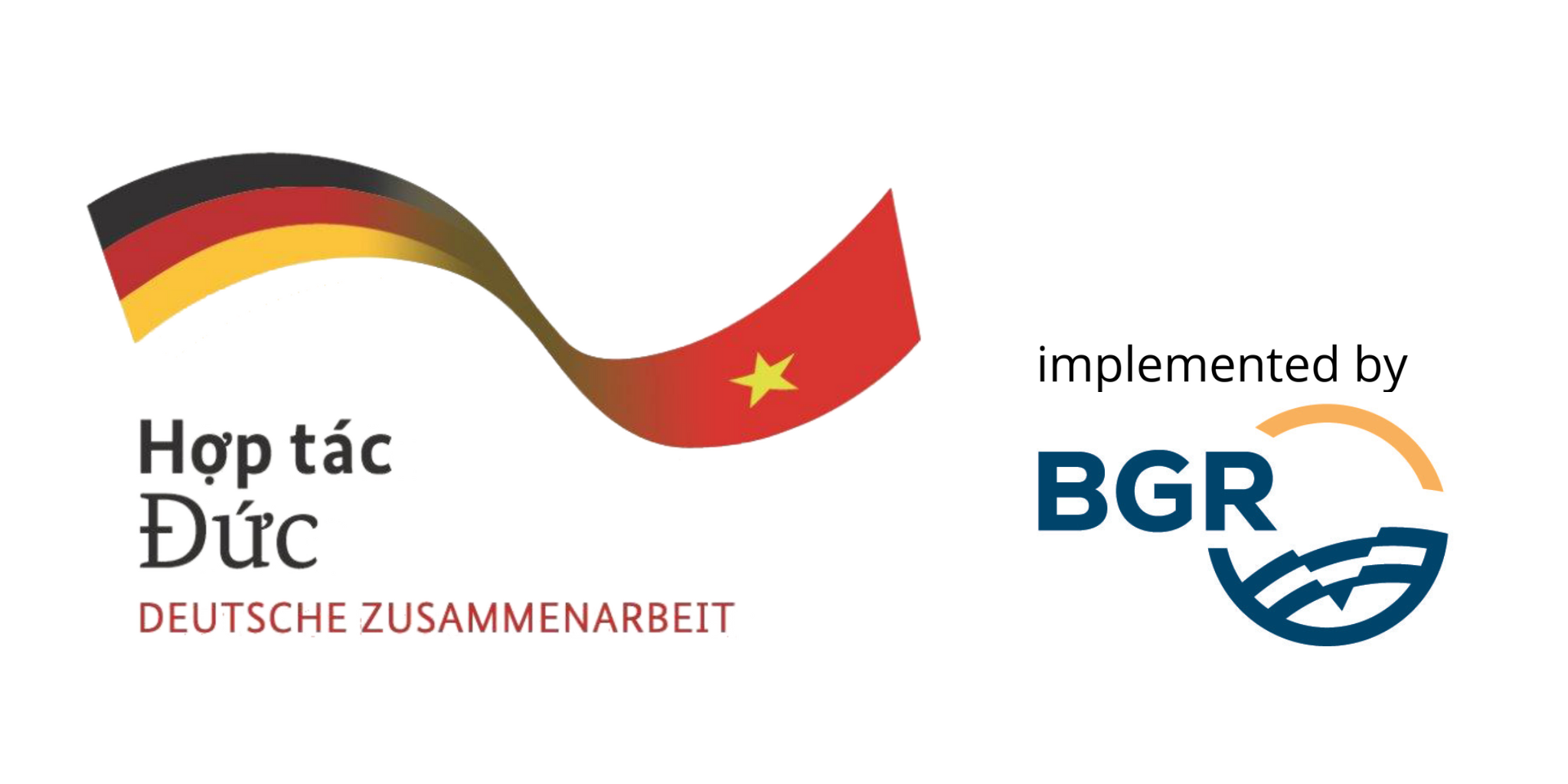Since the onset of cooperation in 2009, IGPVN has been active on groundwater management challenges in various parts of Vietnam, including the provinces of Hanoi, Ha Nam, Nam Dinh, Quang Ngai, Soc Trang and Ca Mau. Following the restructuring of the Vietnamese-German cooperation portfolio in the environment sector in 2014, IGPVN’s focus has gradually shifted to the Mekong Delta, and all field activities are now located there.
As of 2018, IGPVN field activities are concentrated on the Mekong Delta provinces Soc Trang and Ca Mau. Cooperation with these two provinces has been on-going respectively since 2013 and 2015, involving the study of groundwater resources, the establishment of monitoring wells, capacity building for local authorities as well as educational measures for a range of stakeholders following the IWRM concept and approach. In the U Minh district of Ca Mau province, a modern multi-level monitoring well group was built, the first of its kind in the Mekong Delta. Flanked by exemplary hydrogeological investigations, this has helped to improve the understanding of the coastal groundwater system and saltwater intrusion processes.
In the on-going cooperation phase, a comprehensive survey of licensed groundwater production wells in the entire province of Ca Mau is underway. There are several survey objectives, such as verifying groundwater abstraction licenses and compliance, deriving a baseline data-set, and assessing the feasibility of recent regulations on sanitary protection zones and well-owner-based groundwater monitoring. The findings are also of interest to central-level policy making, as these regulations have not been field-tested yet. Practical guidebooks will support groundwater managers at the provincial and district levels in the implementation of regulatory measures on groundwater abstraction.
In addition, IGPVN supports the development of groundwater management tools, such as groundwater database systems for local authorities, to effectively and efficiently store, visualize and manage groundwater related information. The data system will also allow for data exchange and submission to the central authorities, hence contributing to Vietnam’s overall efforts towards digitalization. The survey and management tools have model-character, aimed to be replicated in other coastal provinces of the Mekong Delta from 2019 onward.
[put_wpgm id=1]

